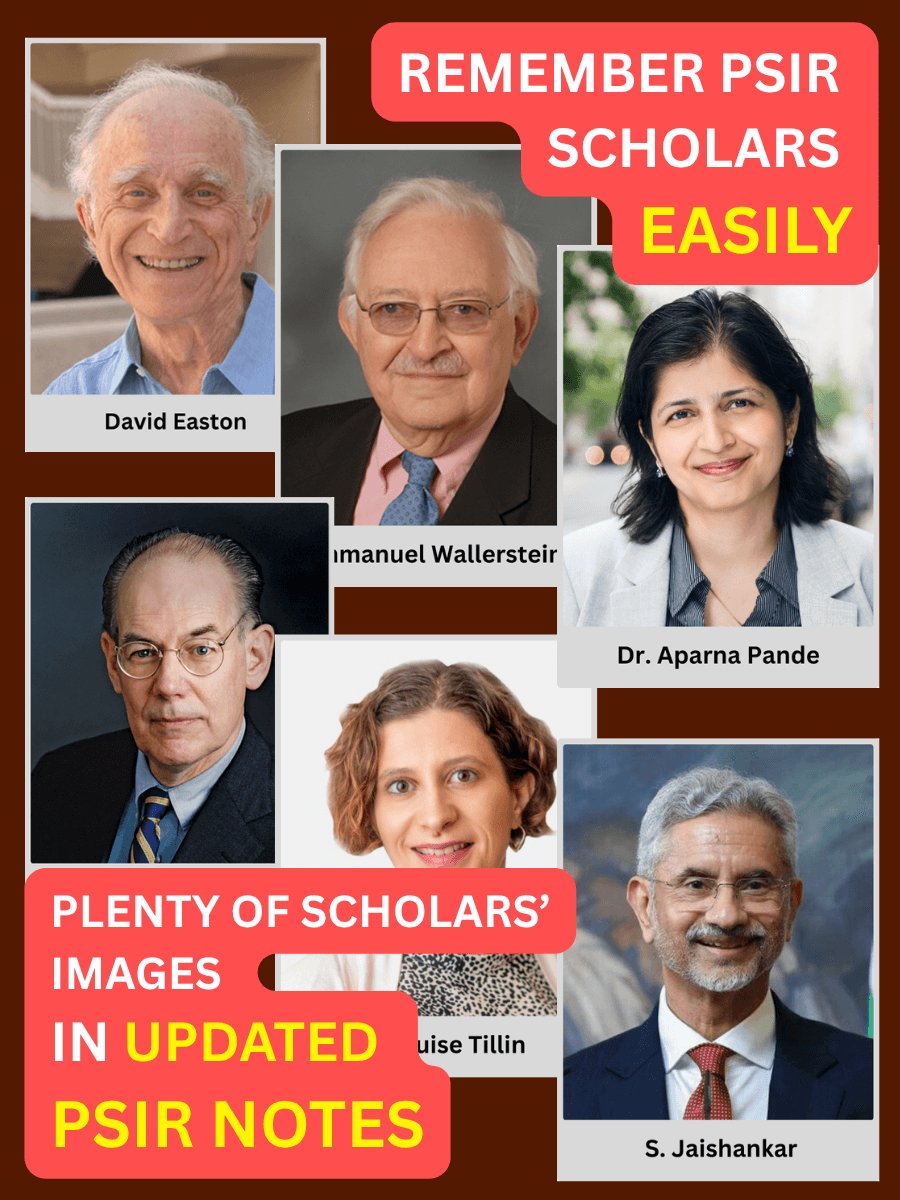National interest refers to the set of goals or objectives that a state seeks to achieve to ensure its security and survival. It is considered the guiding principle of a country’s foreign policy and includes both short-term and long-term priorities. These interests can be strategic, economic or even ideological.
According to Morgenthau, the father of realism, national interest is the prime motivation of foreign policies. National interest is a highly dynamic concept. Power is a means to secure the national interest. National interest itself can be described in terms of power.
Morgenthau has categorized national interest into two types.
1) Core national interest: Core national interest are fundamental, do not change and hence countries show continuity in foreign policy.
2) Variable national interest: Variable interest are the reasons to see continuity with change in foreign policies.
Scholars like Robinson has given following classification of national interest.
1) Primary 2) Secondary 3) Permanent 4) Variable 5) General and 6) Specific.
He has also given the ways in which countries protect their national interests. Balance of power, deterrence, diplomacy, international law and organizations, propaganda, intelligence, ideology, incentives etc.
Though national interest is a core concept, yet it is called as pseudo theory. The prime reason is that it is highly subjective concept. National interest as a concept has been criticized by Marxist scholars. The first theoretical analysis of the national interest from Marxist perspective is done by Charles Beard. In the words of Charles Beard ‘If citizens have to support the government which prosecutes them, soldiers are to die for it, foreign policies have to confirm to it, what better term it can be other than national interest’.
National interest is a pseudo theory, was first declared by Raymond Aron. He called national interest pseudo because that it is vague, subjective, meaning changes according to the context. Ambiguity in the concept hinders the formulation of the acceptable theory of national interest.
Joseph Frankel – any search for the theory of national interest is useless, it is used in variety of ways for variety of purposes, there is no single meaning and content.
Burchill Scott – despite wide use of the concept, theory lacks any substance.
According to Mohammad Younus national interest is a means to promote the interest of elites. In his book published on the theory of national interest, he has shown how army in Pakistan describes its interests as ‘national interest’.





